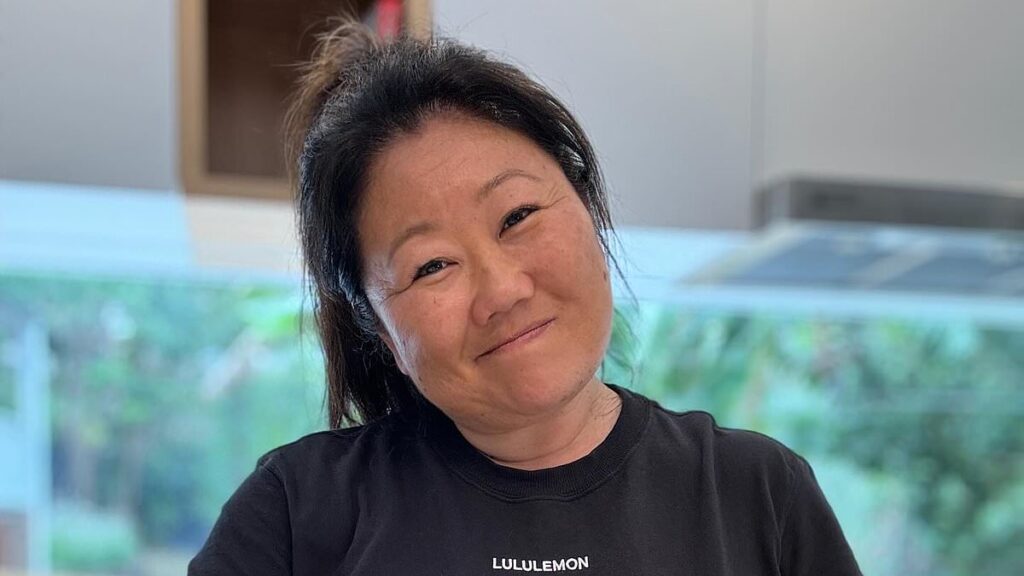
Nagi Maehashi, the influential founder of RecipeTin Eats, has publicly criticized Australian PR agencies for offering inadequate compensation in exchange for sponsored social media posts. With a substantial following of 1.7 million on Instagram, Maehashi took to her Stories on Tuesday to express her frustration, revealing that she is often offered mere tokens such as chocolates or pasta instead of financial payment.
In a candid message, Maehashi addressed PR agencies directly, writing, “Dear PR agencies of Australia… Please take my personal details off your database. How did you even get my private email address?” Her post highlighted the unrealistic expectations placed on influencers to create content like video reels and Stories posts for minimal rewards.
“No, I am not interested in creating 1-3 Instagram Stories (and) an IG Reel or carousel post to promote your clients’ restaurant or product in exchange for a FREE packet of Reese’s or a FREE bowl of pasta,” she declared. Maehashi concluded with a pointed remark on outdated marketing strategies: “It’s 2025. Spray-and-pray-copy-paste email blast outs aren’t a strategy anymore.”
Background of a Social Media Powerhouse
Maehashi’s RecipeTin Eats has become a household name, known for its approachable and delicious recipes. Her influence extends beyond social media, with a dedicated audience that trusts her culinary expertise. The recent outburst against PR firms underscores the broader challenges faced by influencers in negotiating fair compensation for their work.
According to industry experts, the influencer marketing landscape has evolved significantly, with brands increasingly relying on social media personalities to reach target audiences. However, the disparity in compensation remains a contentious issue, as evidenced by Maehashi’s recent comments.
Plagiarism Controversy and Industry Dynamics
The announcement comes as Maehashi is embroiled in another high-profile controversy. In April, she accused Brooke Bellamy, founder of Brooki Bakehouse, of plagiarizing her caramel slice and baklava recipes for a best-selling cookbook. The allegations sparked a wave of online scrutiny, prompting Bellamy to defend her work.
In a video, Bellamy acknowledged that her recipes were not entirely original but emphasized their personal significance. “While all of these recipes are personal to me, I cannot say that I have invented the cookies, cupcakes, brownies or cakes in the recipe book. They are all inspired from somewhere and someone before me,” she stated. Bellamy attributed her culinary inspiration to her mother, highlighting the familial roots of her passion for baking.
“While baking has leeway for creativity, much of it is a precise science and is necessarily formulaic. Many recipes are bound to share common steps and measures: if they don’t, they simply don’t work.”
Industry Reactions and Future Implications
The controversy gained further traction when American baker Sally McKenny claimed her vanilla cake recipe had also been used without permission. Despite the accusations, Bellamy refuted the notion of intellectual theft, arguing that the baking industry allows for shared creativity and commonality in recipes.
“I think there’s room for everyone, especially more women in business,” Bellamy asserted, challenging the narrative of competition among female entrepreneurs. Her Fortitude Valley bakery in Brisbane continues to thrive, with loyal customers and an online community rallying in her support.
Meanwhile, Maehashi’s critique of PR firms highlights the ongoing challenges within the influencer economy. As brands and influencers navigate this evolving landscape, the need for fair compensation and respect for creative contributions remains paramount.
The move represents a broader call for change within the industry, urging PR agencies to reconsider their approaches and value the work of influencers appropriately. As the digital marketing sphere continues to grow, the balance between creative output and fair remuneration will be crucial in shaping future collaborations.







